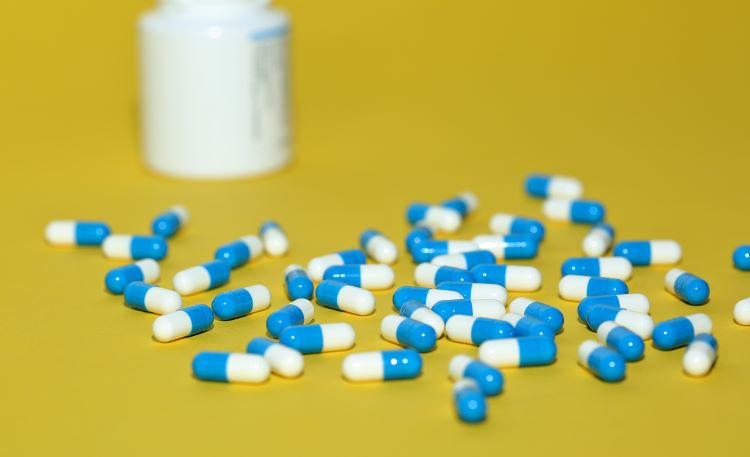NSAIDs could be damaging to COVID-19 patients, dependent on timing, suggests study
Posted: 25 January 2021 | Hannah Balfour (Drug Target Review) | No comments yet
In murine models of COVID-19, researchers found that non-steroidal anti-inflammatory drugs (NSAIDs) can suppress the inflammatory response and production of antibodies.


According to a new study, non-steroidal anti-inflammatory drugs (NSAIDs) may influence COVID-19 outcomes by dampening the inflammatory response and production of protective antibodies. COVID-19 is the disease caused by infection with the SARS-CoV-2 coronavirus.
The research’s principal investigator, Dr Craig Wilen, Assistant Professor of Laboratory Medicine and Immunology, Yale University School of Medicine, US, said their findings are important because “NSAIDs are arguably the most commonly used anti-inflammatory medications,” used long-term by many suffering chronic conditions and by people suffering in the short-term with symptoms of infection and inflammation. Dr Wilen commented that the latter use includes “acute inflammation, as experienced with COVID-19, and for side effects from vaccination, such as soreness, fever and malaise.”
NSAIDs inhibit the enzymes cyclooxygenase-1 (COX-1) and cyclooxygenase-2 (COX-2), which mediate the production of prostaglandins. Prostaglandins play diverse biological roles in homeostasis and inflammatory responses, so the team set out to evaluate whether inhibiting prostaglandin production with the NSAIDs meloxicam and ibuprofen could affect COVID-19 pathogenesis in three ways:
- susceptibility to SARS-CoV-2 infection, potentially by upregulating expression of the angiotensin-converting enzyme 2 (ACE2) which the virus uses to enter human cells;
- regulating the replication of SARS-CoV-2 in host cells; and
- modulating the immune response to SARS-CoV-2.
They found that the NSAIDs were able to reduce the activity of the COX-2 enzyme which was upregulated by SARS-CoV-2. However, this had no effect on ACE2 expression, viral entry or viral replication.
However, in a mouse model of SARS-CoV-2 infection, treatment with the NSAIDs reduced production of pro-inflammatory cytokines and neutralising antibodies for SARS-CoV-2.
Dr Wilen said that while their work is on the effects of NSAIDs on the immune response to SARS-CoV-2 infection, it may also have implications for vaccination. He commented that both should be explored.
He said that, similarly to the potent anti-inflammatory steroid treatment, dexamethasone, the timing of NSAID treatment may impact whether it is harmful or beneficial for COVID-19 patients. Dr Wilen explained that dexamethasone has been shown to be detrimental to COVID-19 sufferers when taken early in the infection, but beneficial when administered during later stages.
Similarly, NSAIDs’ anti-inflammatory activity might be detrimental early in SARS-CoV-2 infection, because at this stage, inflammation is usually helpful. However, because of changes during the later stages of COVID-19, particularly if the patient undergoes cytokine storm, they may be beneficial. A cytokine storm is an extreme immune response, in which a large amount of pro-inflammatory compounds are released at once. This phenomenon often occurs in COVID-19 patients and can lead to potentially fatal complications such as Acute Respiratory Distress Syndrome (ARDS) or organ failure, which require admission to the intensive care unit (ICU).
The team concluded that their findings suggest NSAID treatment may dampen the inflammatory response and production of protective antibodies, potentially changing the course of COVID-19 or reducing the magnitude and/or length of protection from either SARS-CoV-2 infection or vaccination.
The study was published in the Journal of Virology.
Related topics
Antibodies, Disease research, Enzymes, Immunology, In Vitro, In Vivo, Therapeutics
Related conditions
Coronavirus, Covid-19
Related organisations
Yale University School of Medicine
Related people
Dr Craig Wilen


